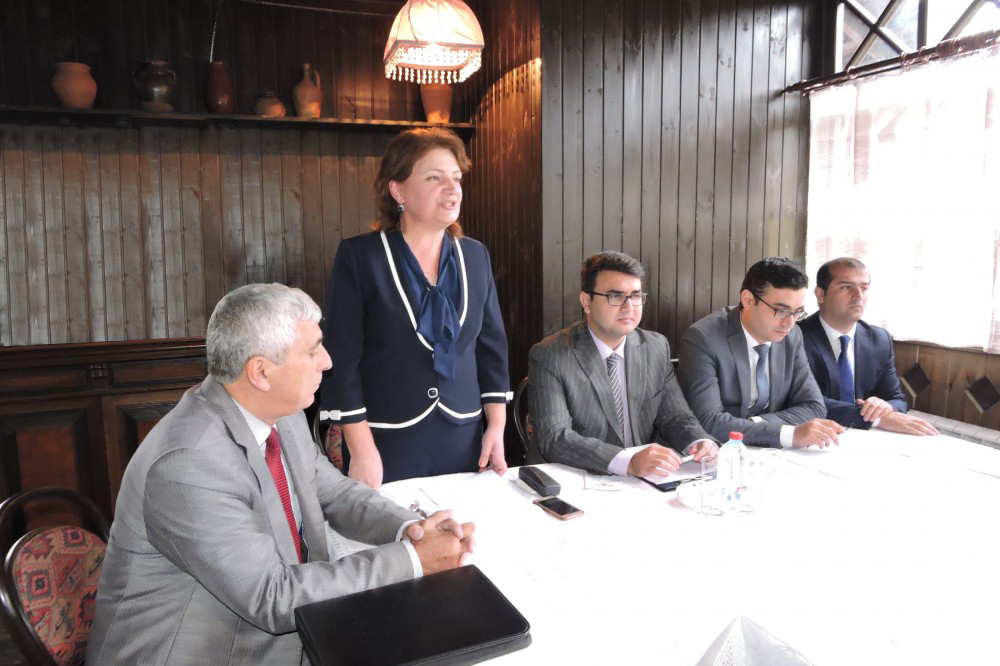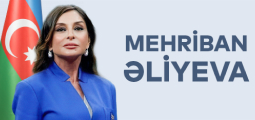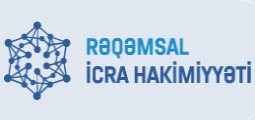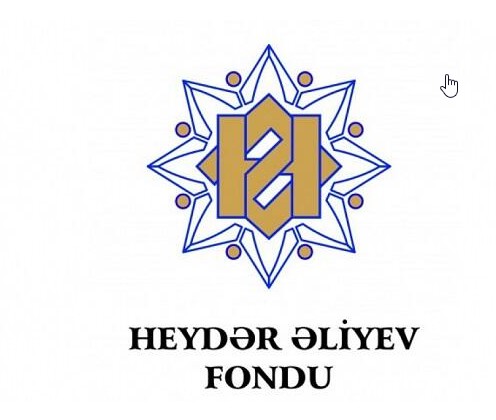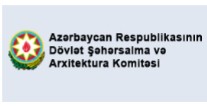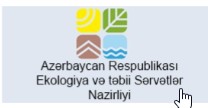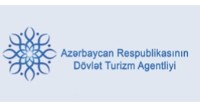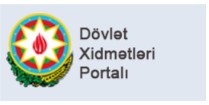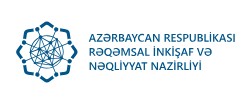A scientific-practical conference dedicated to the cultural and historical heritage of Caucasian Albania was held.
For centuries, Azerbaijan has been a center uniting different cultures and civilizations. Throughout history, representatives of different religions, cultures, and ethnic groups have lived in peace, brotherhood and mutual respect in this ancient land. This atmosphere, which has been formed for thousands of years, is still preserved in the Azerbaijani society. Today Azerbaijan is a multinational, multi-confessional country, and ideas of tolerance and multiculturalism are very strong in the society. On November 13, scientific-practical conference on “Caucasian Albania as a Cultural and Historical Heritage of Azerbaijan” co-organized by the State Committee for Work with Religious Organizations (SCWRO), Gabala Region Executive Power, Baku International Multiculturalism Center (BIMC) and the Albanian-Udi Christian Religious Community was held in Nij settlement. Employees of organizing entities, historians and intelligentsia attended the event which was held at the Azerbaijani Udi Center in the settlement. Participants first viewed the ethnographic museum reflecting Udi culture. Opening the conference, Ataya Osmanova, Deputy Head of Gabala Region Executive Power, said that our country is recognized as a place of multiculturalism in the world, and the Azerbaijani model of multiculturalism is widely promoted around the world today. Noting that throughout history, representatives of different religions, cultures, and ethnic groups have lived in peace, brotherhood and mutual respect, Ataya Osmanova underlined that this tradition is still preserved. Ravan Hasanov, deputy executive officer of BIMC, said in his speech that Azerbaijan`s cultural heritage and the history of Caucasian Albania, which is an integral part of it, should be protected by every citizen of the country. The speaker underlined that if we treat Caucasian Albania and its history negligently, our disgraced neighbors and others would be eager to have our history. We experienced it in our recent history. Allegations for our land, history, culture have never been over. Touching upon the importance of intensifying the work regarding Caucasian Albania, Ravan Hasanov noted that BIMC is always ready to present its leading position in this issue. The Center carries out important activities not only within the country, but also abroad with the participation of historians to promote Caucasian Albania, especially the history and religions of Udis, their successors. Anar Alizada, the leading advisor of the Department of Interethnic Relations, Multiculturalism and Religious Affairs of the Presidential Administration of the Republic of Azerbaijan, said that the event was dedicated to a very topical, important and painful issue. It was noted that Armenia, which carries out the policy of ethnic cleansing and aggression against Azerbaijan, tries to historically justify its policy of occupation, and Armenian chauvinists make historical fraud. Old inscriptions on ancient Albanian temples are destroyed and replaced by other writings in our occupied territories. The specific architectural structures of these temples are changed to the Armenian and Gregorian style on purpose. Anar Alizada said: “It is our duty to protect the heritage of Caucasian Albania. As Russian caucasiologists say, the history and fate of the Caucasian Albania should be of great interest to Azerbaijanis more than anyone. They are responsible to world science in this area. Fortunately, our scholars have written a number of fundamental works revealing the lies of Armenians recently. Every year, many events are being held that prove the fact that the heritage of Caucasian Albania belongs to the Azerbaijani people, and present and promote it to the world community. In addition, practical measures should be taken as well regarding the protection of the heritage of Caucasian Albania. Azerbaijani government attaches great importance to it. The head of our state treats this issue very sensitively as well. In this regard, much work was done in both legal and religious aspects. Albanian churches were restored and 2 Albanian-Udi communities were taken into state registration. Significant financial assistance is provided to these communities every year. The purpose of all this is to eliminate historical injustice and return Albanian churches to their true heirs.” Nahid Mammadov, the Head of Religious Expertise Department of SCWRO, said that it was a great coincidence to hold this event on the eve of the International Day of Tolerance to be celebrated after a few days. It was noted that Nij village is always presented as a place and living example of Azerbaijan`s tolerance, multiculturalism both within the country and at international events. Robert Mobili, the Head of Albanian-Udi Christian Religious Community, underlined the importance of the event and expressed his gratitude to the organizers on behalf of the community members. Corresponding member of ANAS, doctor of historical sciences Farida Mammadova made a speech on “Caucasian Albania as a cultural and historical heritage of Azerbaijan: regional, political (confessional) and cultural aspects”, doctor of philosophy in history Ulviyya Hajiyeva on “VIII-XIX century Albanian ethno-cultural heritage in local sources”, doctor of philosophy in architecture Rizvan Garabaghli on “The role of Arran Architectural School in Caucasian Albania”, doctor of historical sciences Mahabbat Pashayeva on “Ethnic traditions of Albanian tribes in Azerbaijan”, doctor of historical sciences Anar Isgandarli on “Caucasian Albania in Azerbaijani historiography”, doctor of philosophy in history Natig Alishov on “The results of the archeological researches conducted at Tulu Church” at the conference.

